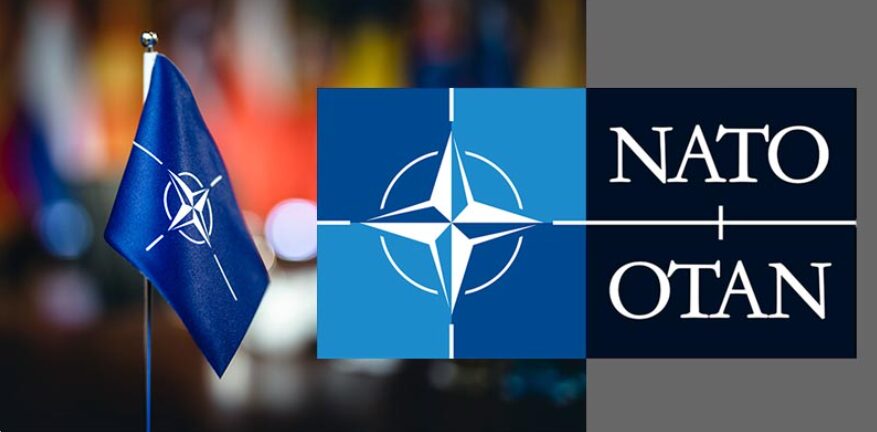The Black Sea region stands at the intersection of Eastern and Southeastern Europe, Russia, the Caucasus, and the Middle East, making it a pivotal area for regional trade and energy distribution. In 2022, the region handled about 1.7 million TEUs of loaded containers, underscoring its importance in global commerce. Beyond trade, the Black Sea is a critical energy hub, facilitating the flow of oil and gas from Russia, the Middle East, and Central Asia to various global markets. This dual role in trade and energy underscores the region’s significance in the economic and geopolitical landscape of Eurasia.
NATO’s growing presence in the Black Sea is a key component of its strategy to contain Russian influence and maintain strategic dominance in this geopolitically critical area. The Black Sea serves as a gateway to the Mediterranean, the Suez Canal, Africa, and the Middle East, making it a vital corridor for global trade and energy routes. By increasing its presence, NATO aims to counter Russia’s influence and enhance its ability to monitor and control maritime traffic, thereby ensuring security and stability in a region that is crucial for the transport of energy supplies from the Middle East and Central Asia to Europe.
For Russia, the Black Sea is essential for its naval capabilities and economic interests, providing access to warm-water ports. NATO’s assertive moves in the region are seen as direct challenges to Russian power, aiming to limit Russia’s military and economic activities. This strategy is part of a broader effort to constrain Russia’s ability to project power beyond its borders and reduce its influence in the region.
The significance of the Black Sea to NATO’s strategy was underscored in 2004 when the alliance admitted Black Sea coastal states Bulgaria and Romania. In 2008, NATO pledged to include Ukraine and Georgia, further extending its influence in the region. Since the 2014 coup in Ukraine, NATO has intensified its presence along Ukraine’s Black Sea coast and in the Sea of Azov. This increase in presence aimed to enhance regional security and counter Russian influence. However, Russia’s annexation of Crimea thwarted NATO’s plans to establish military bases on the peninsula, allowing Russia to bolster its military presence in the region. Crimea’s status remains a significant point of contention, shaping the geopolitical dynamics between NATO and Russia.
Since February 2022, NATO has reinforced its eastern flank and begun constructing a new base near Romania’s Black Sea port of Constanta. This strategic development significantly enhances NATO’s military capabilities in the region, potentially putting Russian-controlled areas like Crimea, Krasnodar, and the Sea of Azov within striking range. The new base underscores NATO’s commitment to deterring Russian aggression and bolstering regional security, further escalating the geopolitical tension and highlighting the ongoing struggle for influence and control in the Black Sea region.
In response to NATO’s increased presence, Russia has intensified its military readiness and presence in the Black Sea. Russia has expanded its naval fleet, conducted extensive military exercises, and fortified its bases in Crimea. Additionally, Russia has deployed advanced missile systems, such as the S-400, to counter potential threats. These actions aim to assert Russia’s dominance and protect its strategic interests in the region. The growing militarization on both sides highlights the heightened geopolitical tensions and the ongoing power struggle between NATO and Russia over the Black Sea.
In conclusion, the Black Sea region’s strategic importance to both NATO and Russia cannot be overstated. As a critical juncture for trade and energy, it plays a central role in regional and global economic and geopolitical dynamics. NATO’s efforts to expand its influence and Russia’s determination to defend its interests continue to drive the strategic contest in this pivotal area, making the Black Sea a focal point of modern geopolitical tension.







